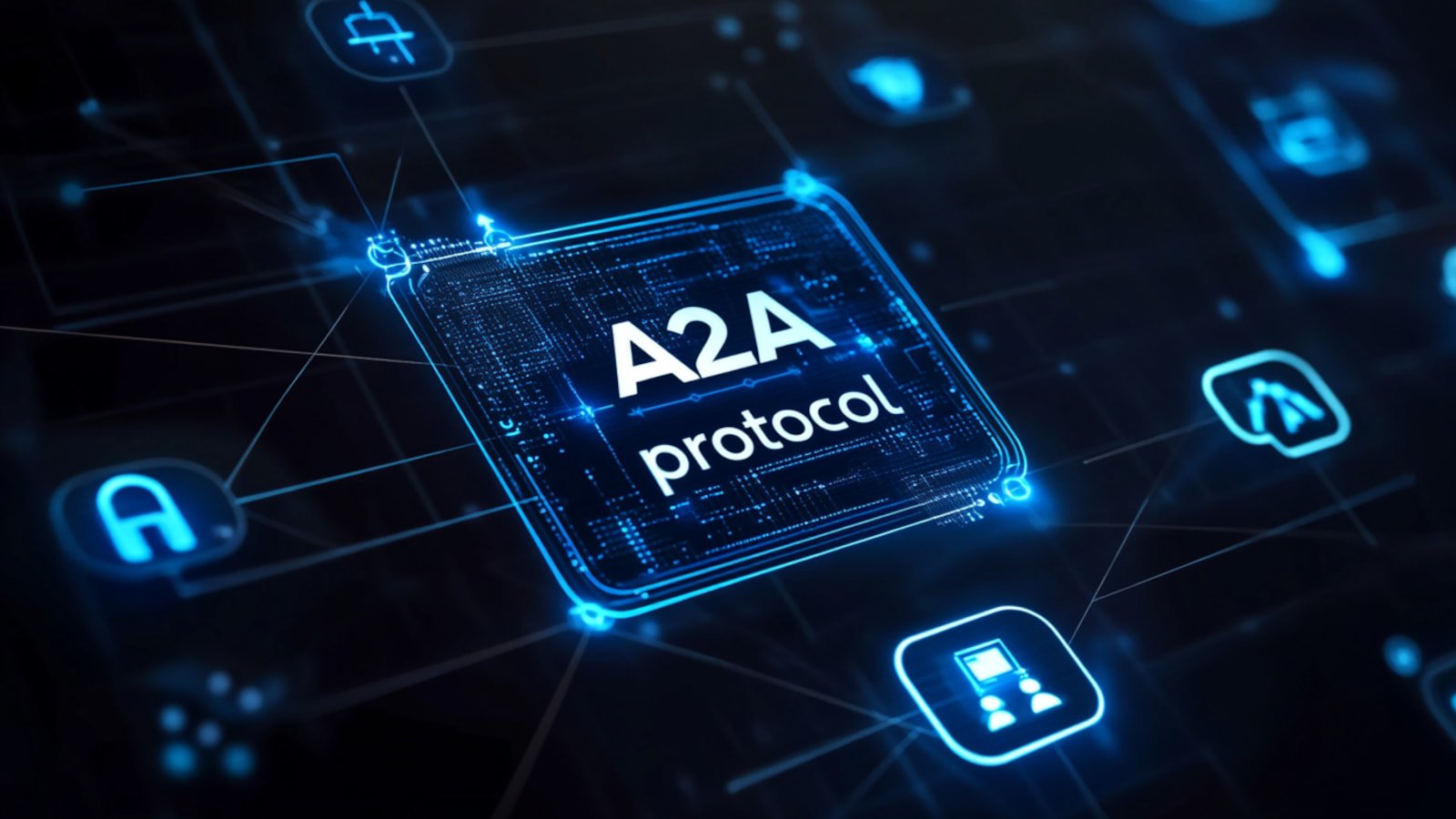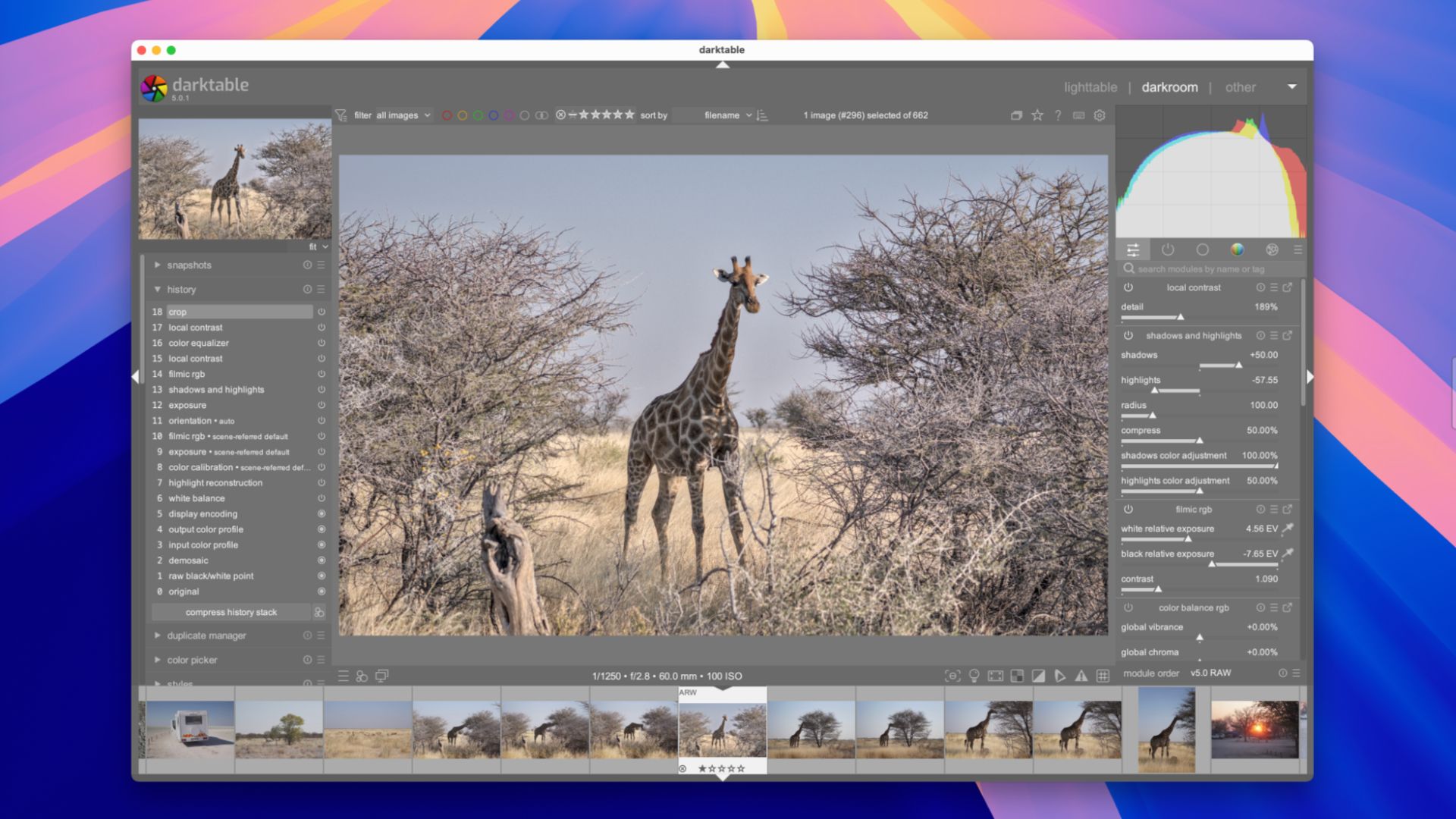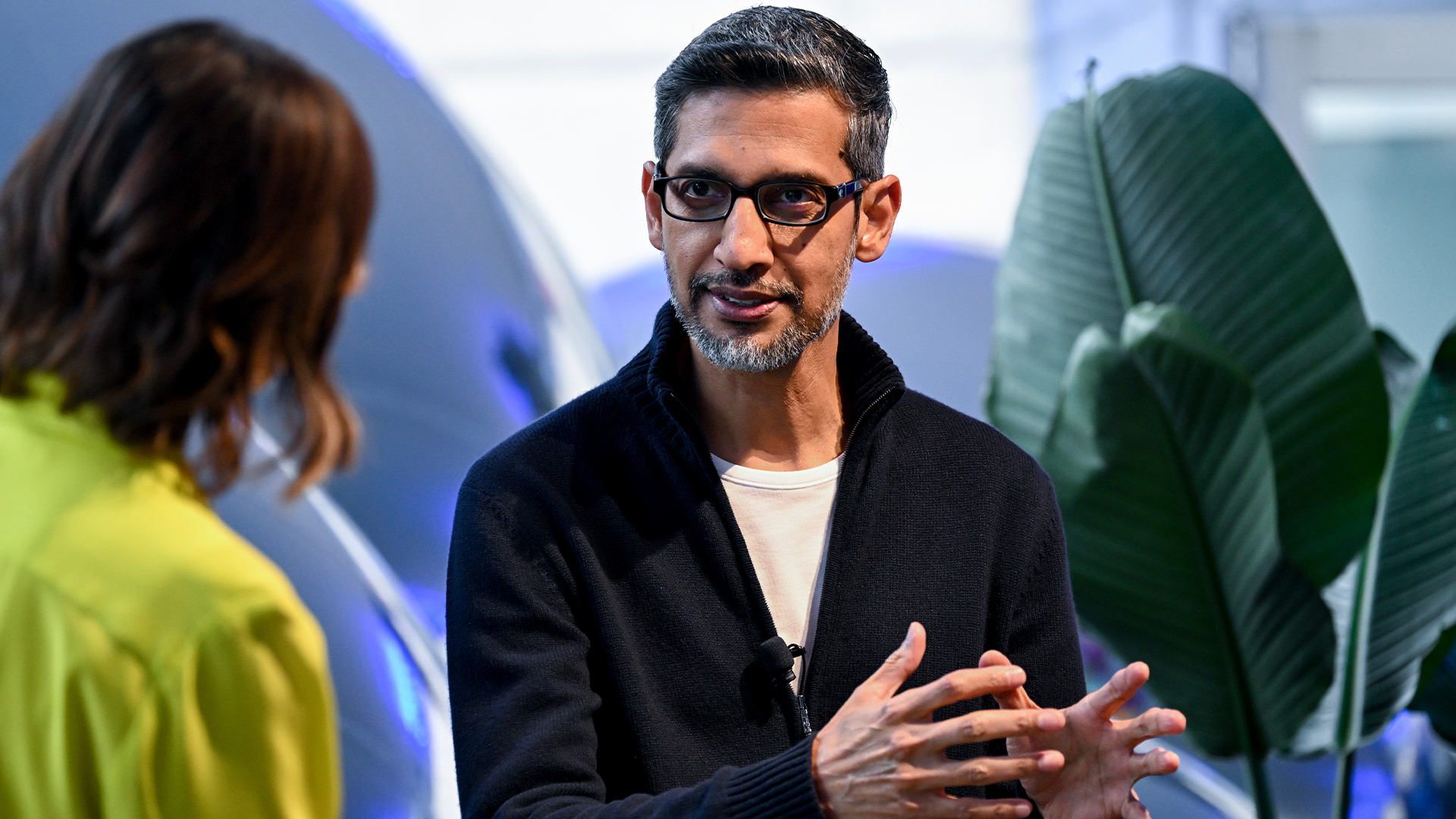Google Cloud donates A2A AI protocol to the Linux Foundation

Google Cloud has donated its Agent2Agent (A2A) protocol to the Linux Foundation, which has now announced a new community-driven project called the Agent2Agent Project.
A2A was originally developed by Google Cloud as a protocol specification, SDK, and tooling set that made communication between AI agents possible.
The protocol allows AI agents from different vendors to discover each other, share capabilities and context, and securely collaborate on complex tasks.
AI agents are AI-powered tools like chatbots, coding aids, autonomous agents, etc. With the AI ecosystem evolving rapidly and more agents sprouting from different sources, the need for interoperability and seamless cross-service automation becomes critical.
This is why Google developed A2A and was soon joined by big tech players leading the agentic AI proliferation in the enterprise, such as Amazon Web Services (AWS), Microsoft, Salesforce, Cisco, SAP, and ServiceNow.
However, to avoid fragmentation in the space, with competing companies building separate protocols, Google Cloud has decided to hand off A2A to the Linux Foundation, making it more likely to be trusted and more widely adopted.
“The formation of the Agent2Agent project under the neutral governance of the Linux Foundation will ensure that this critical component remains vendor-agnostic and community-driven,” reads Google’s announcement.
“This move is designed to accelerate the adoption and development of the A2A protocol by providing a robust framework for open collaboration, intellectual property management, and long-term stewardship.”
The Linux Foundation is a nonprofit organization that hosts and supports open-source projects such as Linux, Kubernetes, Node.js, PyTorch, and RISC-V.
The organization provides neutral governance, legal, operational, and technical support, and the infrastructure required for collaboration, trust, and longevity.
A2A is now a formal Linux Foundation project with its own GitHub and community, and Google’s original spec, SDKs, and tooling have been transferred to the organization.
This was officially announced during the Open Source Summit North America, where the Linux Foundation made its first call for developers, researchers, and companies to contribute to A2A.
Right now, there are over a hundred companies that support A2A, and the Linux Foundation is expected to coordinate their contribution and testing efforts to the benefit of the protocol, as well as to align implementations as needed.
The organization stated it will focus on real-world use, prioritizing security, extensibility, and enterprise usability, ensuring A2A can scale to actual cross-platform AI deployments.
“Under the Linux Foundation’s governance, A2A will remain vendor-neutral, emphasize inclusive contributions, and continue the protocol’s focus on extensibility, security, and real-world usability across industries,” announced the Linux Foundation.
While this development has no immediate impact on users of consumer AI, it lays the ground for the next generation of AI products, potentially enabling smarter, more seamless, and more practical AI experiences.
Source link









